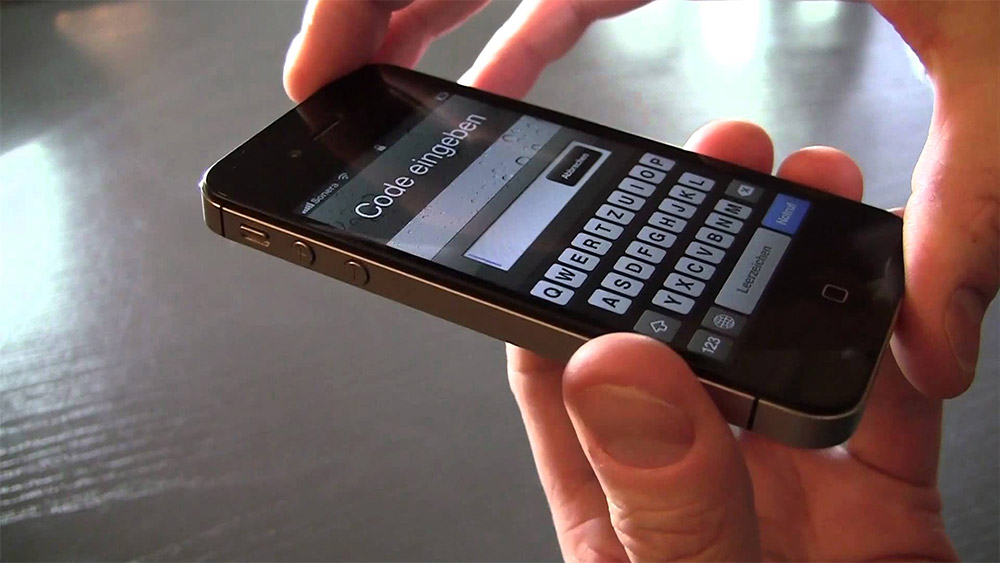A judge has ruled that the American government is not legally entitled to force Apple to unlock an iPhone in a drug case, currently taking place in New York. Although entirely unrelated to the ongoing FBI demands of Apple with regards to the San Bernardino attacker's phone, this case is expected to help set precedent during ongoing legal discussions.
Running separately to the ongoing Apple vs U.S. government legal battle in California, the New York court case saw the authorities demand Apple take steps to open up a phone that was seized as part of a drug investigation. However the judge has now ruled that that is impossible, as he did not have the legal right to do so.
This ruling may go some way to aid Apple in its fight against the FBI in its San Bernardino handset case, where it is being asked to weaken password security to make the device easier to crack. Many of the arguments presented in the New York case have been echoed as part of its dispute in California.
The judge also decided that updated wiretapping laws in 1994 gave Apple hefty protection against a 1789 law currently being cited by the government as reason enough to force its hand (as per Reuters).
Source: iPhoneBlog/Youtube
None of this guarantees that Apple will win out against the FBI, as the judge in that trial is not bound by the decision of his contemporary in New York, but it does set precedent. It also shows that these sorts of requests are not and will not, always be used to protect national security. In this instance local police merely believe more drug dealing suspects could be rounded up if the phone was cracked.
Apple's concern is that if it does that even once, every law enforcement agency around the world will make the same requests of it for much more trivial matters – thereby opening up its customers to invasions of privacy and potential attacks from hackers who exploit the same loopholes Apple is forced to create.
Aware that his decision will be scrutinised heavily, the judge in the New York case has stated clearly that his decision merely prevents the 1789 Writs Act from being used to force Apple compliance and does not necessarily make any suggestions in the overall morality of demanding the device be opened.
Discuss on our Facebook page, HERE.
KitGuru Says: It's good to see that there is some legal precedent to protect Apple with too. It's received a lot of good will and appears to have the moral high-ground, but that isn't always enough.
 KitGuru KitGuru.net – Tech News | Hardware News | Hardware Reviews | IOS | Mobile | Gaming | Graphics Cards
KitGuru KitGuru.net – Tech News | Hardware News | Hardware Reviews | IOS | Mobile | Gaming | Graphics Cards



